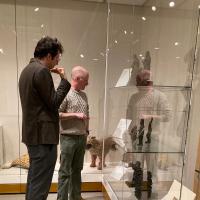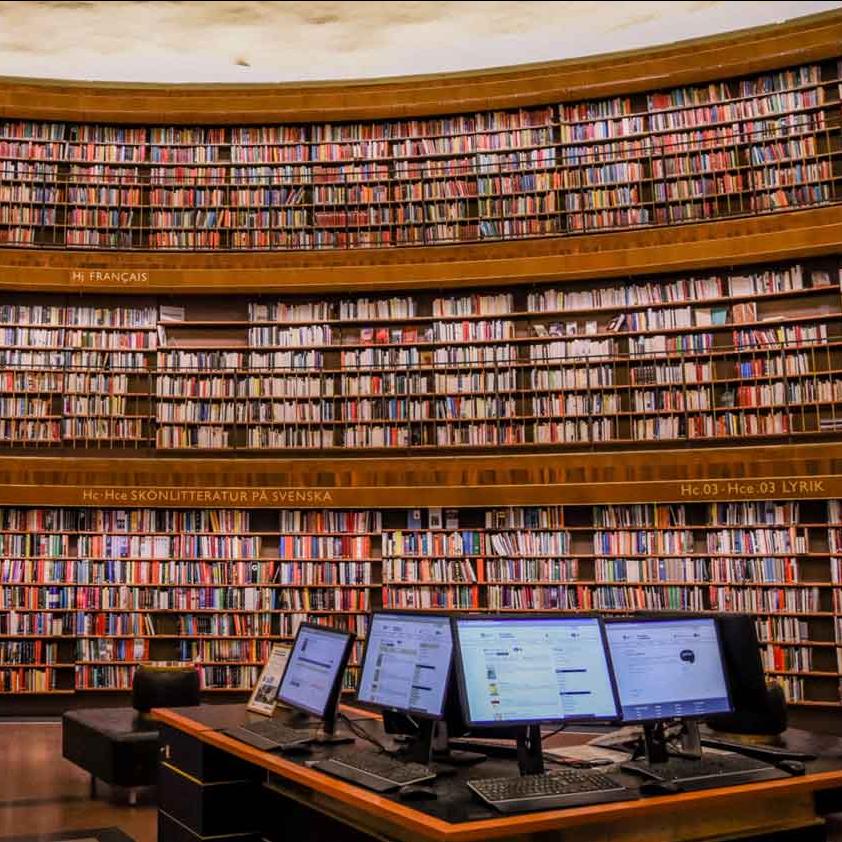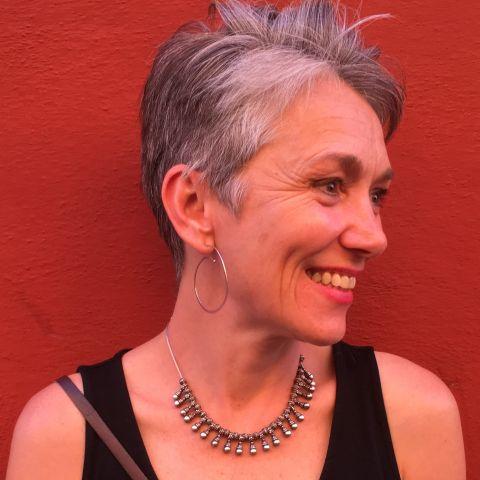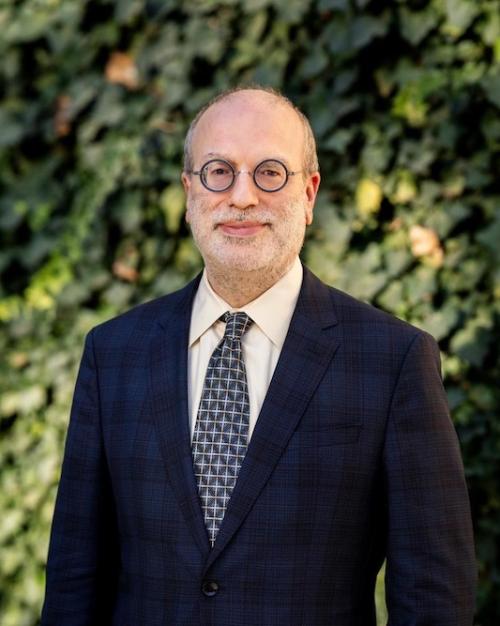A University Lecture will celebrate the life and work of Henry Guerlac ’32, M.S. ’33, an influential historian of science and Cornell faculty member for three decades.
Michael Gordin, Dean of the College and Rosengarten Professor of Modern and Contemporary History in the History Department at Princeton University, will give the lecture, “Was 1869 Mendeleev’s ‘Crucial Year?’: Or, Henry Guerlac in St. Petersburg,” on April 30 at 5 p.m. in the A.D. White House Guerlac Room.
“Henry Guerlac was a rock star of the history of science – absolutely hugely important,” said Suman Seth, the Stephen H. Weiss Presidential Fellow and Marie Underhill Noll Professor of the History of Science and chair of Science and Technology Studies, in the College of Arts and Sciences (A&S). “He’s a big part of Cornell’s history in the post-war period.”
Guerlac (1910–1982), who taught at Cornell from 1946-75, is known for his writings on French chemist Antoine Lavoisier, a central figure in the 18th-century chemical revolution noted for discoveries related to oxygen. Guerlac won the 1959 Pfizer Prize from the American History of Science Society for his book, “Lavoisier – The Crucial Year: The Background and Origin of His Experiments on Combustion in 1772.” Among other honors, including a Guggenheim Fellowship, Guerlac was awarded the George Sarton Medal in 1973 by the History of Science Society for lifetime contributions to the field.
Connected to Guerlac’s research, Seth said, the Lavoisier Collection in Cornell University Library’s Rare and Manuscript Collections is the largest on Lavoisier outside of France. Guerlac also fought for the preservation of the A.D. White House during his term as director of the Society for the Humanities from 1970-77. He applied for and secured its inclusion on the National Register of Historic Places and raised funds for its restoration. The house has been home to the Society for the Humanities since 1973.
Gordin, an expert in the history of modern science, is well-positioned to communicate the importance of Guerlac’s impact on the field, Seth said.
Gordin’s lecture will address the notion of a “crucial year,” which has cropped up from time to time in the history of chemistry since the 1959 publication of Guerlac’s book “Lavoisier – The Crucial Year.” This talk will explore the utility and pitfalls of Guerlac’s approach by reexamining one of these instances: the formulation by D.I. Mendeleev of his version of the periodic system of chemical elements in 1869.
Mendeleev is the subject of Gordin’s award-winning book, “A Well-Ordered Thing: Dmitrii Mendeleev and the Shadow of the Periodic Table.”
Gordin has also written widely on the history of science, Russian history and nuclear weapons. From 2017-23 he was the director of Princeton’s Society of Fellows in the Liberal Arts. In 2013-14 he served as the inaugural director of the Fung Global Fellows Program, and he is associated with Princeton’s Department of Slavic Languages and Literatures.
He is the recipient of a National Endowment for the Humanities Fellowship and was named a Guggenheim Fellow. In 2019, he was elected a member of the Leopoldina, the National Academy of Sciences of Germany.
Cornell’s Department of Science and Technology Studies (A&S) is working to establish an annual Guerlac Lecture in the history of science to bring distinguished scholars to the Guerlac Room.
“We have a lineage of famous historians of science,” Seth said. “I think Cornell should celebrate that it’s a center of the history of science and has been for a long time.”
This University Lecture is supported by the Department of Science and Technology Studies, the Department of Chemistry and Chemical Biology, and the Society for the Humanities, all in A&S.






